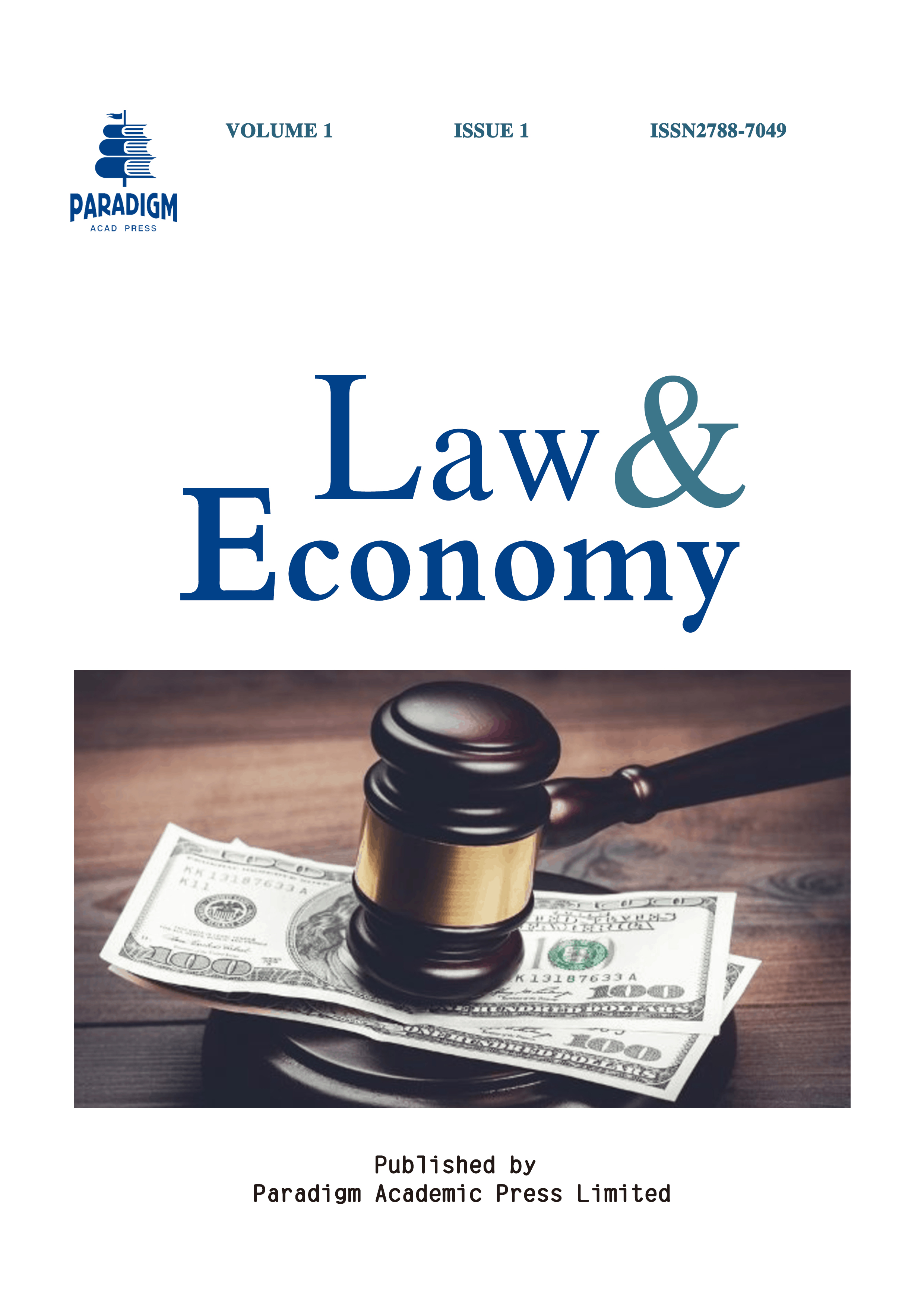Determinants of Mobile Banking Services Adoption in the Fako Division of Cameroon
DOI:
https://doi.org/10.63593/LE.2788-7049.2025.08.004Keywords:
mobile banking, trust and security, cost, marketing communication, Cameroon, financial inclusionAbstract
This study examines the key determinants of mobile banking adoption in the Fako Division of Cameroon, focusing on perceived trust and security, perceived cost, and marketing communication, while accounting for gender and education. A quantitative approach was employed, collecting data from 356 respondents via structured questionnaires. Reliability analysis confirmed strong internal consistency for all constructs (Cronbach’s α > 0.70). Pearson correlation and multiple regression analyses revealed that trust and security (β = 0.428, p < 0.001) and marketing communication (β = 0.367, p < 0.001) positively and significantly influence mobile banking adoption, while perceived cost (β = -0.312, p < 0.001) negatively affects adoption. Education also positively predicted adoption (β = 0.164, p = 0.023), whereas gender was not significant. The model accounted for 55% of the variance in adoption (R² = 0.551), indicating a strong explanatory power. These findings highlight the importance of building trust, implementing affordable pricing strategies, and enhancing awareness campaigns to increase adoption rates. The study provides practical insights for financial institutions, telecom operators, and policymakers seeking to improve mobile banking uptake and promote financial inclusion in emerging economies.


